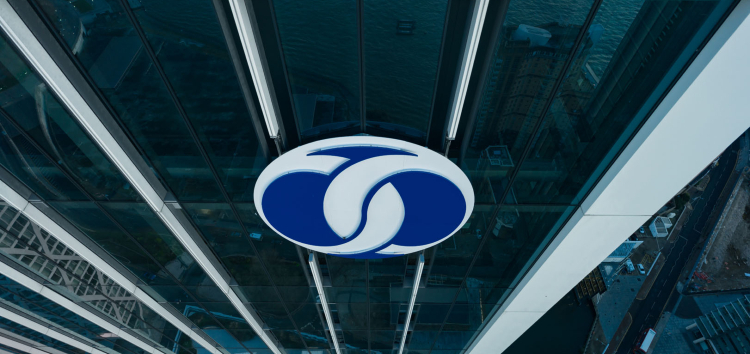EBRD marks another year of record impact with €13.1 billion invested

The European Bank for Reconstruction and Development (EBRD) delivered a record €13.1 billion in investments across its economies in 2023.
In a year of significant milestones for the Bank, as well as challenges in many of its regions, the EBRD also reported record volume and number of investments, green financing, disbursements, support to the private sector and number of projects and number of projects with a gender component.
The EBRD financed 464 projects in 2023, the highest in the Bank’s history. Eighty per cent of investments occurred in the private sector, corresponding to a record volume of more than €10 billion in 2023.
Green economy financing amounted to 50 per cent of the Bank’s total investment volume in 2023, totalling a record of more than €6.5 billion, while the share of gender-tagged projects came in at 44 per cent.
Total mobilisation, the overall amount of investment the Bank unlocked from all sources in 2023, amounted to €26.2 billion. This included direct mobilisation of €2.8 billion and a preliminary figure for private indirect mobilisation of €23.4 billion.
2023 saw the Bank’s governors approve a resolution to increase the Bank’s paid-in capital by €4 billion, bringing its capital base to €34 billion, in a bid to sustain support for Ukraine. The year also marked important progress for the Bank as its governors approved amendments enabling limited and incremental expansion of its operations to sub-Saharan Africa, which has growing economic links with the economies where the Bank currently operates, as well as potential for private-sector development.
EBRD President Odile Renaud-Basso said: “With global challenges such as the climate crisis, macroeconomic uncertainties and geopolitical tension growing more and more acute, the EBRD is accelerating its support for its clients and countries of operations.
Never in its history has the Bank invested as much as it did in 2023, while at the same time delivering its goals of developing the private sector and greening economies and maintaining its focus on delivering impact and supporting the transition to modern, inclusive markets.
Last year demonstrated that crises can be sudden, such as natural disasters, or prolonged, like the war on Ukraine. Whatever the nature of such crises, we remain committed, agile and highly effective in our support for all our economies."
Reported numbers are expected to show that the Bank deployed a record of more than €2 billion of financing in Ukraine in 2023. Some of the year’s highlights include a key loan of €200 million, supported by Norway and the Netherlands, to help Ukrainian gas entity Naftogaz build strategic gas reserves in the second winter heating season since the Russian invasion and a €150 million sovereign-backed loan to Ukraine’s electricity transmission company, Ukrenergo, supported by Norway and Italy, as part of a major package to support energy security.
The EBRD remains Ukraine’s largest institutional investor and has increased its support following the Russian invasion, focusing on energy security, vital infrastructure, food security, trade and the private sector.
The Bank also led initiatives to develop Ukraine’s capital markets, bolster its agribusiness sector and increase interconnectivity by supporting the country’s infrastructure investments.
Throughout 2023, the EBRD succeeded in mobilising nearly €1.6 billion in donor funds, including unfunded guarantees, over €409 million of which was signed for Ukraine. The European Union provided nearly half of the donor resources, in addition to significant contributions from others including Canada, Norway, Spain and the Netherlands.
The year 2023 also saw significant challenges for the Bank, as Türkiye, the largest economy where the EBRD operates, was hit by a series of devastating earthquakes in February, resulting in widespread damage and more than 50,000 fatalities.
The EBRD swiftly announced a €1.5 billion, two-year investment plan for the region to lessen the economic impact of the disaster. As part of the plan, a €600 million Disaster Response Framework was introduced, the first of its kind deployed in the EBRD regions.
The Bank also supported Morocco in rebuilding its economy following the September earthquake that hit the country, the most powerful it had experienced in over a century and the deadliest since 1960. The EBRD announced an initial response package of up to €250 million for 2023 to 2025.
The Bank also welcomed Iraq as its latest member in 2023, bringing its total number of shareholders to 74, and approved applications by Benin and Côte d’Ivoire to become members.
The results for individual economies and regions will be announced later this month, and the Bank’s financial results are expected to be announced in the spring.

